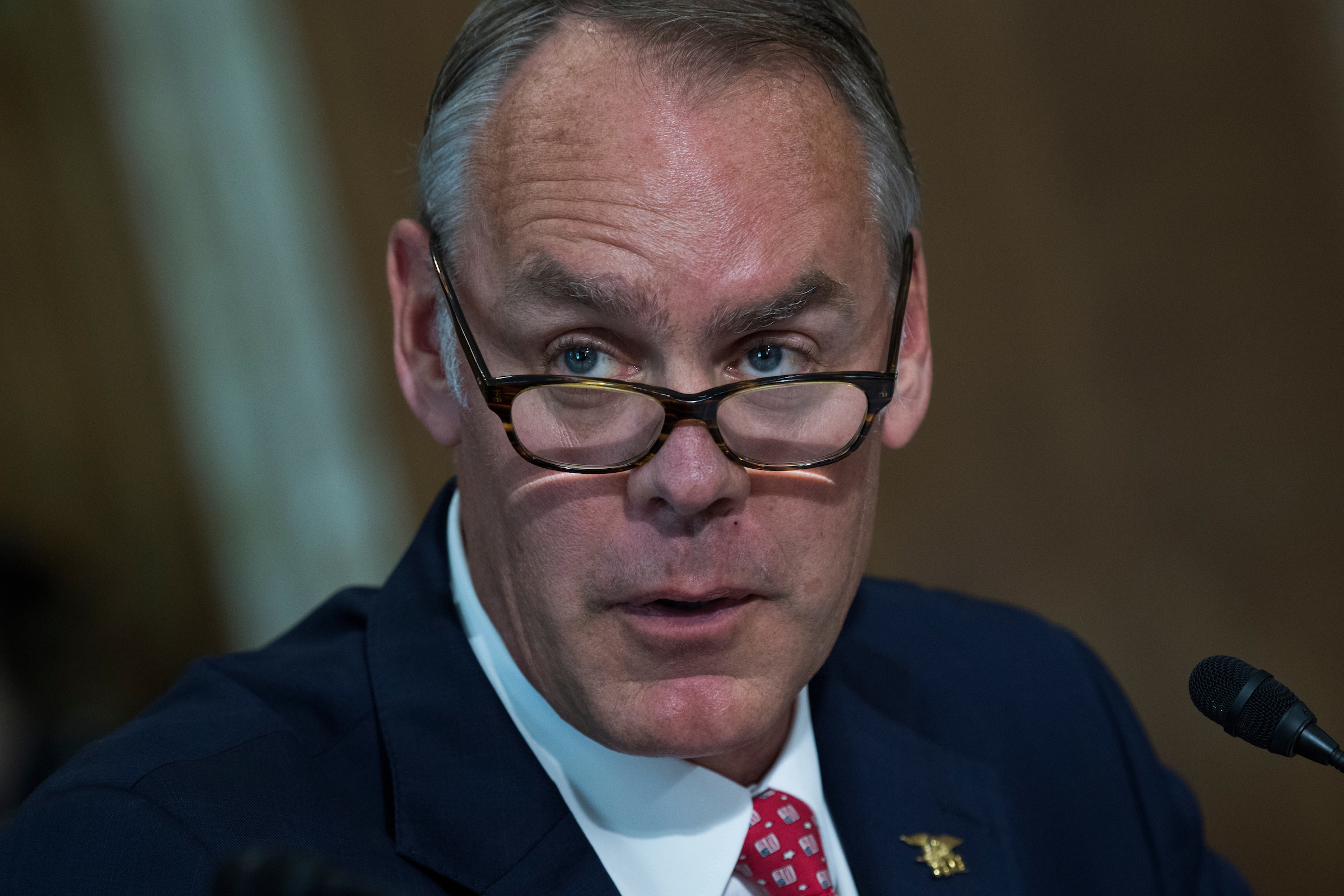Monuments Review Spurs Call to Overhaul Antiquities Act
Interior Department does not recommend overturning any designations

The Interior Department’s conclusion of a contentious review of national monuments might give Congress some impetus to revisit the Antiquities Act of 1906, which presidents of both parties have used to designate monuments through executive action.
House Natural Resources Chairman Rob Bishop on Thursday called for Congress to overhaul the Antiquities Act to place “reasonable limits” on the way presidents use the statute. Bishop’s statements came shortly before the Interior Department submitted recommendations to the White House after an executive-ordered review of monument designations made over the last two decades.
Bishop, a Utah Republican and forceful critic of federal control of public lands in the West, said in a call with reporters that the Obama administration had abused the statute that allows presidents to designate national monuments without congressional action. The Interior review, he said, was necessary because some of the designations were a result of abuse of the statute and did not allow for adequate input by local communities.
“If we don’t reform the Antiquities Act, we will have a replication of failures,” Bishop said. “If the procedure is flawed, the product is going to be flawed.”
Former President Barack Obama’s most contentious designation, the creation of the 1.3 million-acre Bears Ears monument, drew much opposition from Bishop and other Utah lawmakers, who lobbied the Trump administration for its reversal. Another of the more contentious ones is Maine’s Katahdin Woods and Waters National Monument, which marked its first anniversary Thursday.
In April, President Donald Trump responded to Republican ire over Obama’s aggressive push for national monuments by ordering a sweeping review of federal designations made by his predecessors since 1996.
“No president should use the authority under the Antiquities Act to restrict public access, prevent hunting and fishing, burden private land, or eliminate traditional land uses, unless such action is needed to protect the object,” Interior Secretary Ryan Zinke said in a statement Thursday announcing he had sent recommendations to the White House. “The recommendations I sent to the president on national monuments will maintain federal ownership of all federal land and protect the land under federal environmental regulations, and also provide a much needed change for the local communities who border and rely on these lands for hunting and fishing, economic development, traditional uses, and recreation.”
No Eliminations
Speaking to the Associated Press in Montana, Zinke said that none of the 27 national monuments under review by the Interior Department will be eliminated, though there could be boundary changes at some. In June, Zinke recommended that 1.3 million of Bears Ears’ 2.8 million acres be removed from its designation.
No previous president’s monuments have ever been overturned, and Zinke has said the crux of the review is to give states and local communities a bigger say in how their land is used.
The move to review national monuments raised fears among conservationists and environmental groups that the Trump administration could pave the way for rescinding some or parts of the designations.
“Secretary Zinke’s so-called review of parks and monuments has been a complete sham, with arbitrary criteria for ‘pardoning’ some national monuments while attacking others,” League of Conservation Voters President Gene Karpinski, said in a Thursday statement. “This exercise was nothing more than a pretext for selling out our public lands and waters as a political favor to Big Oil and other special interests who want to pad their profits.”
Democrats on the House Natural Resources Committee, led by ranking member Raúl M. Grijalva, D-Ariz., on Tuesday released a report that said there was “strong influence of the oil and mining industries” over Zinke’s monuments review.
“The public has spoken and these monuments should be left alone,” Grijalva said. “If President Trump and Secretary Zinke don’t listen, then the courts and the voters will teach them that our public lands are not industry playthings to dispose of as they see fit.”
But Bishop pushed back on accusations that the review is influenced by industry, saying instead that the Antiquities Act was never intended to give full power to one individual to unilaterally dictate how public lands are used, without adequate input from the local communities.
“What we have here is an Antiquities Act that has been abused by a few presidents for too long,” Bishop said, adding that the previous administration’s usage of it was politically motivated. “Congress needs to step up and clarify how it will be used in the future.”





